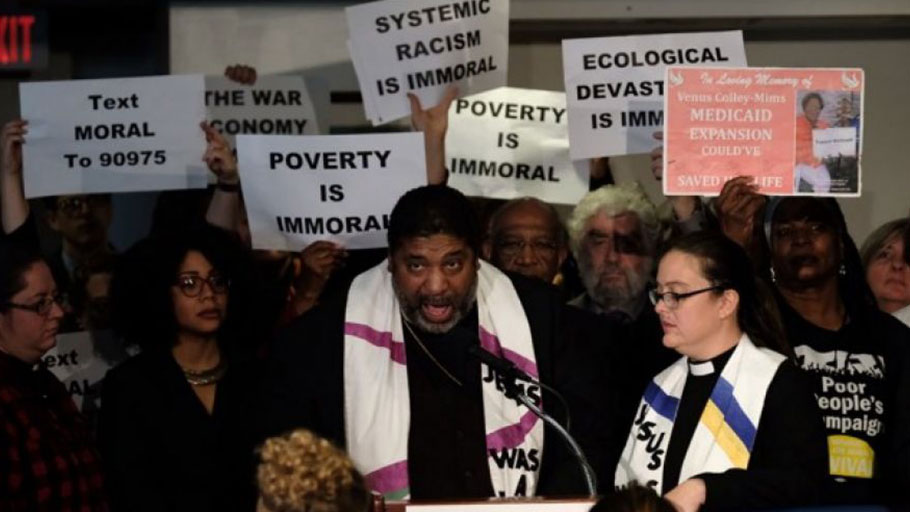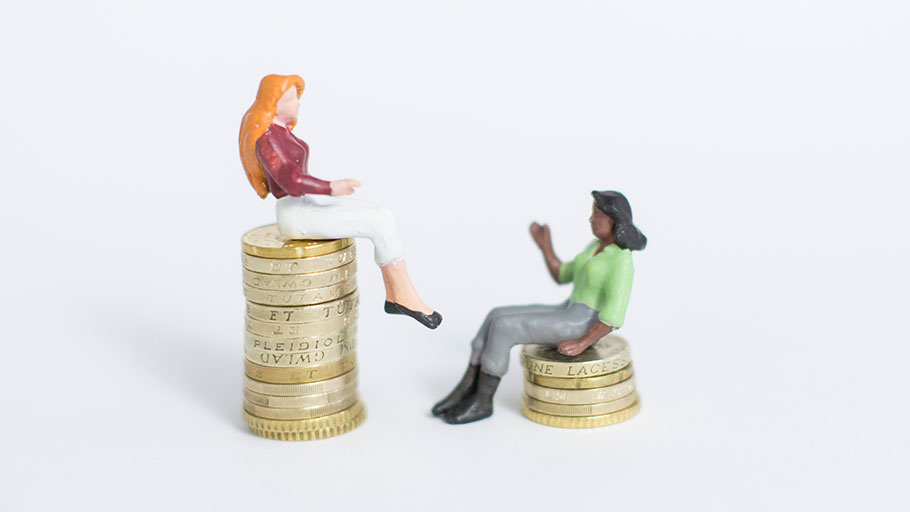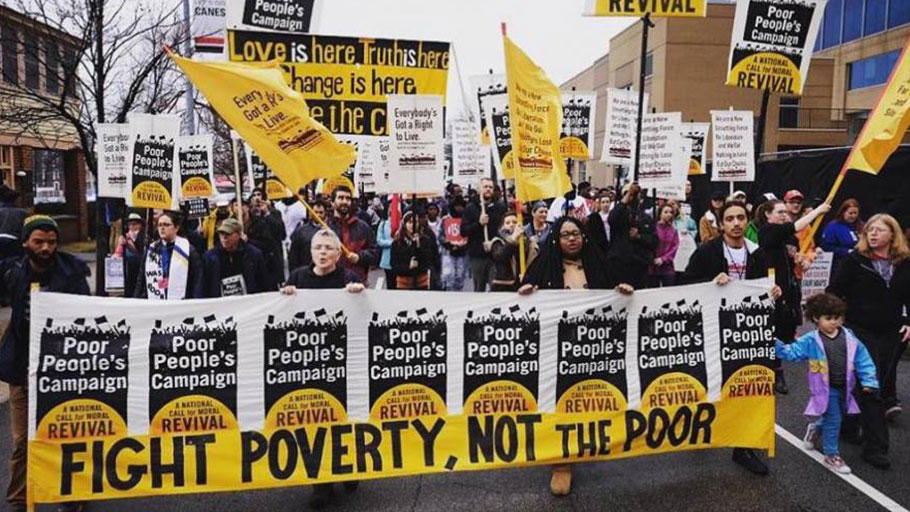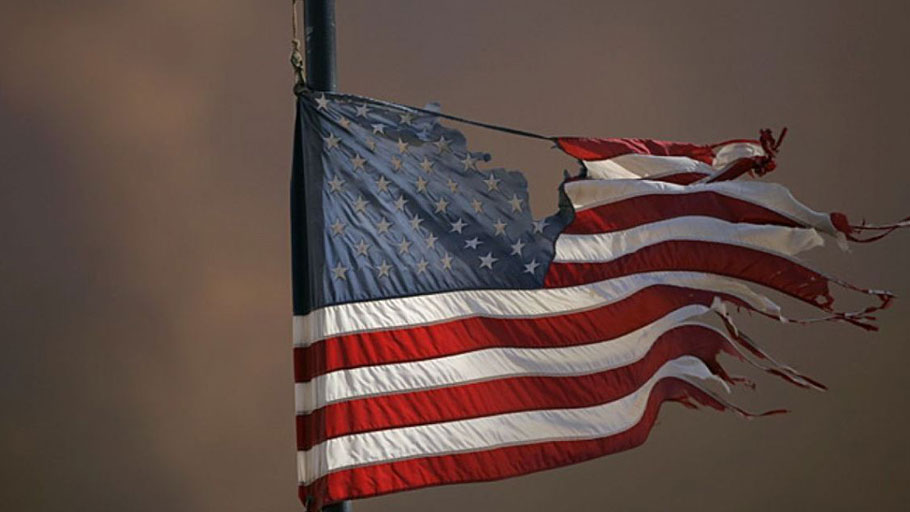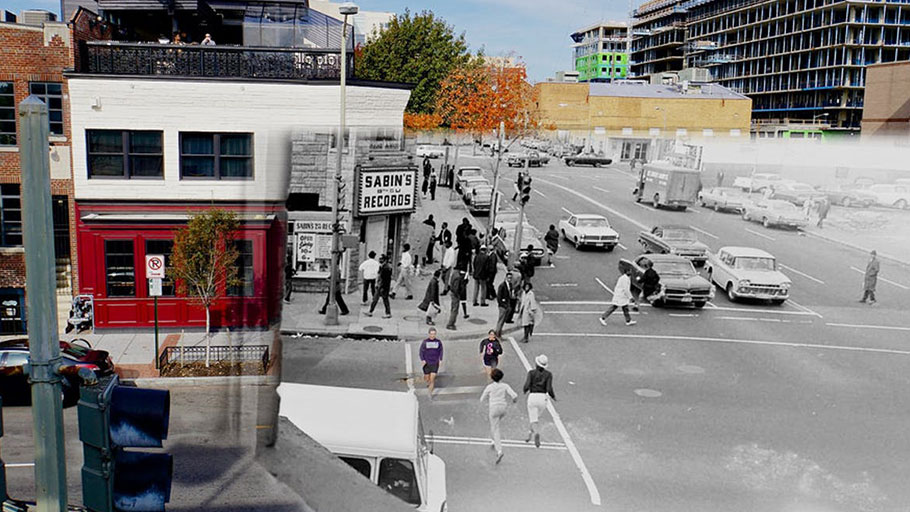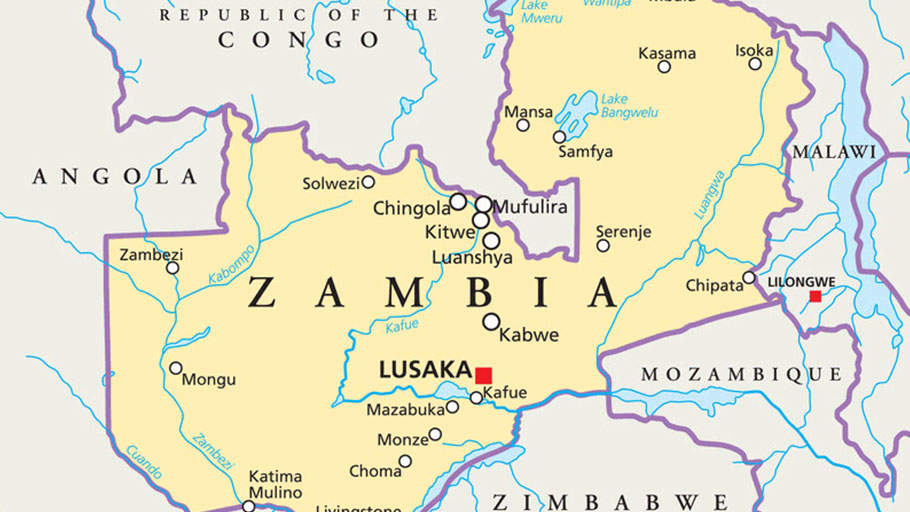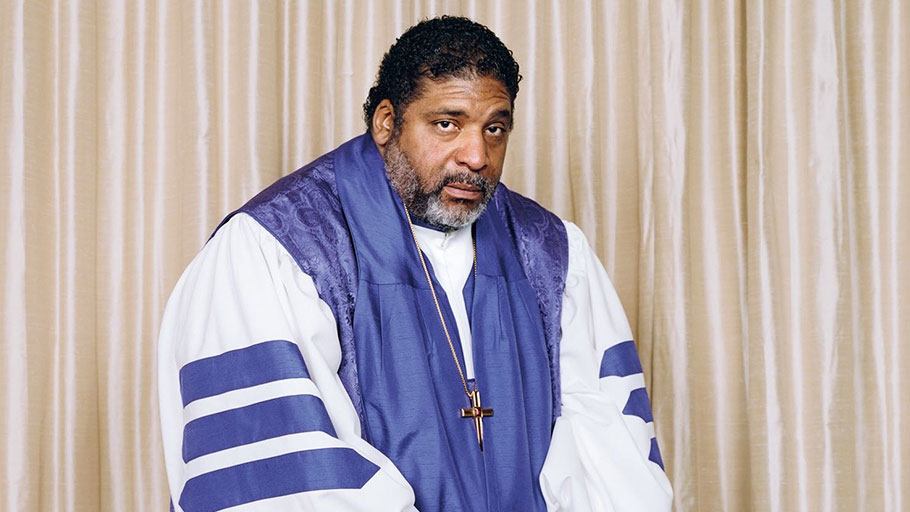
After the success of the Moral Monday protests, the pastor is attempting to revive Martin Luther King, Jr.,’s final—and most radical—campaign. By Jelani Cobb — At first glance, the crowds of people congregating on a block of Mulberry Street, a stretch of squat brick buildings near downtown Memphis, on the morning of April 4th, might have been there for a variety of reasons. The street venders selling T-shirts and posters…

